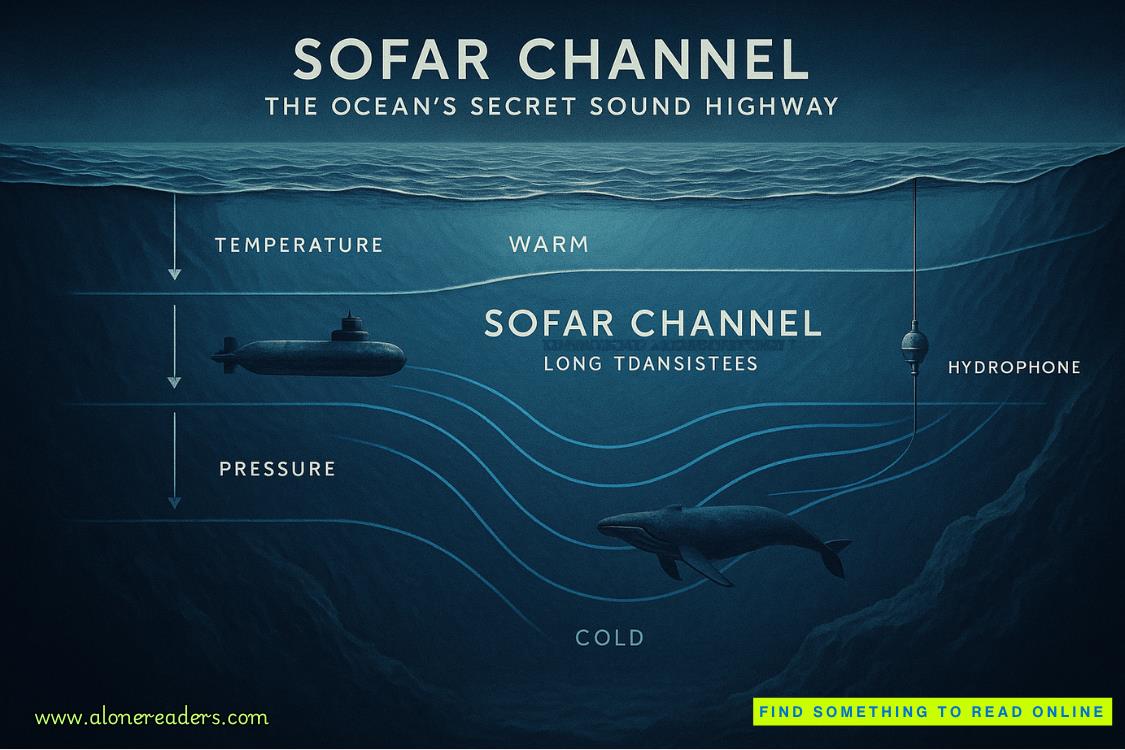“Were these warnings in writing and part of your personnel file?”
“No, they would never put anything like that in writing, because they knew it wasn’t true.”
Marcus Mason objected and successfully got Kitchens’s answer struck, but the message was delivered.
I checked the clock again. It was after 4:15 and I needed another set of questions to get to the finish line.
“Naomi, after you were fired, did you have difficulty getting your next job?” I asked.
“I went back to academia because I couldn’t get an interview for an ethicist position anywhere in Silicon Valley,” Kitchens said.
Marcus objected to the answer being overly broad, but to my surprise the judge let it stand. I then made what became one of my biggest mistakes of the trial, if not my career. I did not ask the judge for the night to consider whether I was finished with my direct examination of Kitchens. I thought it had gone so well and that it was so late in the day that I was bulletproof.
“No further questions for Dr. Kitchens,” I said, getting in one last reminder to the jury of my witness’s pedigree and standing.
“Very well,” the judge said. “We will recess for—”
“Your Honor,” Marcus Mason interrupted, “I have only a few questions for this witness. If you’ll permit that, we could starttomorrow with a new witness and perhaps allow Ms. Kitchens to return home rather than spend another night away.”
“It is four twenty-two, Mr. Mason,” Ruhlin said. “If you are confident you will be finished in eight minutes, you may proceed.”
“Definitely, Your Honor,” Mason said.
“Then go ahead,” Ruhlin said.
As I left the lectern for my table I had a bad feeling in the pit of my stomach. I knew I had somehow misplayed the last minutes of the day and that something unfortunate was about to happen.
Mason took the lectern and looked at Kitchens. The look of unflinching defiance I had seen in her eyes in the hallway after lunch was gone. Kitchens seemed to know that something unexpected was coming her way.
“Ms. Kitchens,” Mason began. “Wouldn’t you say—”
“Objection, Your Honor,” I said. “The witness has a doctorate and should be accorded the respect of that achievement by counsel.”
“Mr. Haller makes a point,” Ruhlin said.
“Of course, Your Honor,” Mason said. “Dr. Kitchens, wouldn’t you say that it would be wrong for an ethicist to lie to a jury in a court of law?”
“I haven’t lied,” Kitchens said.
“But it would be wrong if you did, correct?”
“It would be, but I have not lied.”
“What about a lie to the company that the ethicist works for? Would that be wrong?”
“I think lying in any circumstance is wrong.”
“In fact, would that not be one of the major rules of being an ethicist? Do not lie?”
“Yes.”
“You have claimed in front of this jury and this judge that youwere fired for supposedly speaking out about your concerns about this project, isn’t that right?”
“It’s what happened.”
“And you swore an oath to tell nothing but the truth, correct?”
“I did.”















